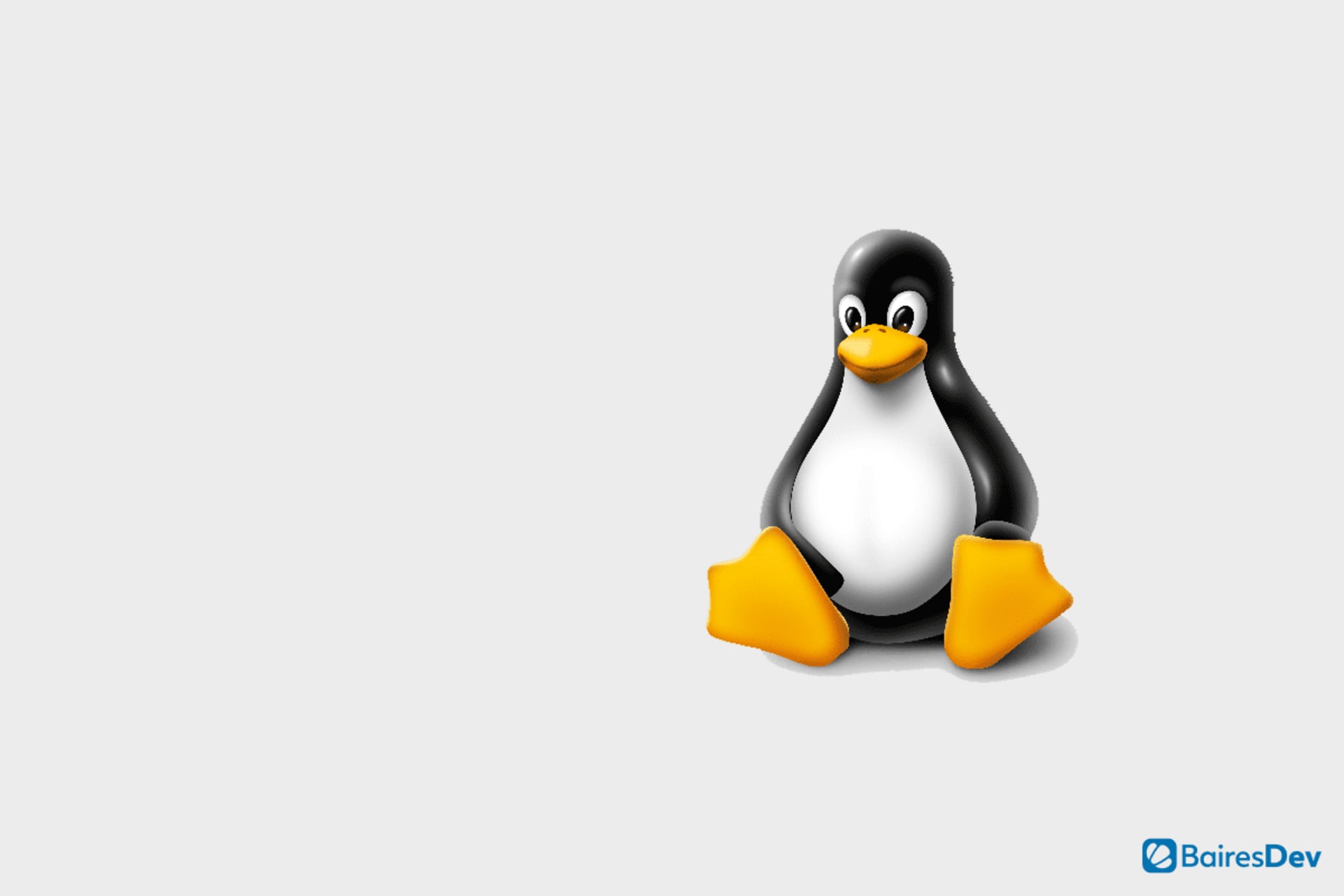If you’re a developer, you probably selected your platform of choice long ago. You might have settled on Linux, macOS, or Windows as your operating system for your software engineering career.
That doesn’t mean it will be the only platform you ever use. Or, the operating system you choose for your personal development projects might not be the same one you’ve been given at work. Or, you might collaborate with other developers and you might need to work with similar tools.
Fortunately, there’s a thing called cross-platform, which means an application isn’t limited to only one operating system. Once upon a time, this was less frequent. These days, however, an application almost has to be cross-platform to enjoy serious success.
No cross-section of users gets that more than developers. To that end, many of the more popular tools are available across operating systems. This holds true for code editors. Some of the most widely-used editors on the planet are cross-platform.
Briefly, a cross-platform editor helps developers work across different operating systems without having to move from editor to editor. This streamlines the workflow and makes the process more efficient, while also saving developers time and strengthening collaboration efforts.
Let’s take a look at some of the most popular cross-platform code editors you can install on all of your systems.
1. Visual Studio Code
Microsoft’s Visual Studio Code tends to always rank near the top of every code editor list. There’s a good reason for that. VS Code comes with all of the features you need (such as debugging, syntax highlighting, embedded Git control, and code refactoring) and some you might not have even known about, but will eventually come to depend on. One such feature is IntelliSense, which provides smart completion that is based on variable types, function definitions, and imported modules.
VS Code supports Python, C/C++, C#, Java (via an extension pack), Go, Dart, PHP (via an extension pack), HTML, JSON, Julia, Less, Markdown, PowerShell, SCSS, T-SQL, and Typescript. If you don’t find your language of choice listed, you can always check the VS Code Marketplace to see if there’s an extension available.
Outside of the extensive features, VS Code has one of the best UIs available. It’s not only very well designed, but it’s also easy to use. And, to make this editor even more attractive, it’s free.
2. ATOM
Atom is another free, cross-platform code editor that also happens to be open-source. Before being available to the public, Atom served as GitHub’s internal editor. Back in 2014, however, the company decided to release the tool to the public and it has been warmly accepted across the globe.
Atom offers another outstanding UI that makes it possible for developers to split the view into separate panes for easier diffs. Other features include a built-in package manager, smart autocompletion, file system browsing, find and replace, Git and GitHub integration, add-ons and themes, and several customizations so you can make Atom your own.
Atom is a great editor for those who are new to software development as well as those who’ve been around the block a few times. And with its massive library of available tweaks, you can make Atom do what you want how you want it. Atom also supports plenty of popular languages and frameworks, such as Node.js, CSS, and JS(learn the most common uses of JavaScript).
3. Sublime Text
Sublime Text is another highly customizable code editor that can be used on most platforms. Unlike both VS Code and Atom, Sublime Text does have an associated cost. For a single user, Sublime Text costs $99.00 for a license. However, many consider Sublime one of the best in the biz. It’s also a bit more complex than the other options. All this adds up to Sublime being one of the most capable editors available.
With split-screen, simultaneous editing, “Goto Anything” file navigation, adaptive matching for quick keyboard invocation of commands, GPU rendering, Apple Silicon support, tab multi-select, context-aware auto-complete, TypeScript, and TSX support, an updated Python API, superpowered syntax highlighting/definitions, auto-save, spell check, macros, and support for tons of programming languages (such as AppleScript, C, C++, CSS, Diff, Erlang, Go, Groovy, HTML, Java, JavaScript, and Lisp).
4. UltraEdit
UltraEdit is another cross-platform code editor that requires license purchase. You can purchase a yearly license for $99.95 or a perpetual license for $119.95. UltraEdit is another highly customizable editor that includes a vast library of themes and even allows you to create your own.
Key features of UltraEdit include a column mode (to edit along the Y-axis anywhere in a document), multi-caret/multi-select, integrated FTP and SSH support, 4k UHD support, one of the fastest find features on the market, fully-integrated file compare, OS integration, outstanding large file handling (10+ GB and larger), hex editing, XML and JSON support, syntax highlighting for nearly any language, layouts, smart templates, function listing, macros and scripting support, and a complete HTML toolkit.
5. Brackets
Brackets was specifically designed for web and front-end developers. So if your job mainly consists of front-end development (HTML, CSS, and JavaScript), this might be the ideal code editor for you.
Brackets can be split into either vertical or horizontal planes, but also includes an inline editing feature that makes it possible to view all selectors belonging to a specific ID. For example, you could select a specific CSS ID and open the inline editor to view only the selectors belonging to that ID.
Brackets also includes features like preprocessor support, browser sync (via Live Preview), a vast array of extensions, JSLinut, LESS support, and Quick Edit. Just be sure to understand you won’t be doing any backend development with this editor.
Conclusion
If you have a need, there’s a cross-platform code editor to meet it. Any one of the above editors would be a great tool for you to adopt. Just make sure that the editor you choose is well-matched for the job at hand. Fortunately, it won’t matter which operating system you use, because these editors will install and work flawlessly on your platform of choice.






